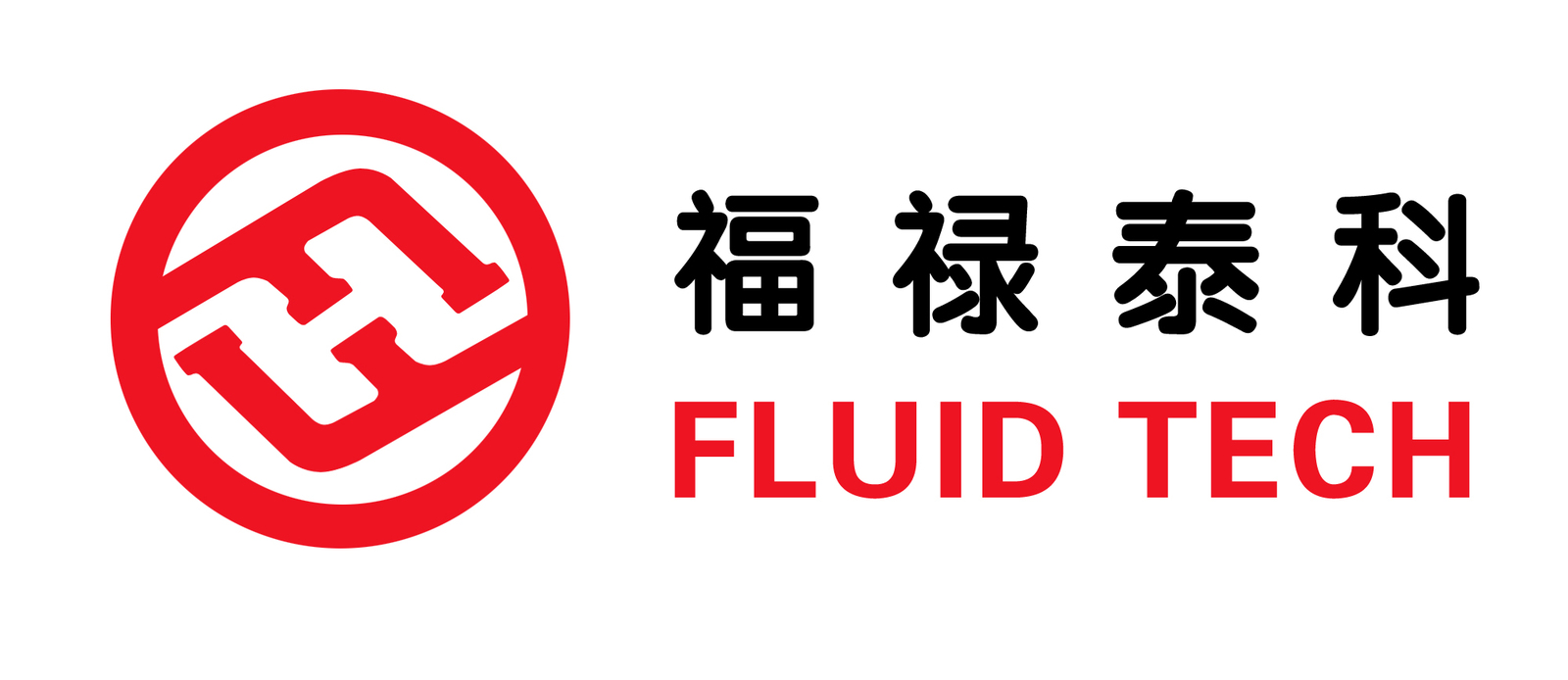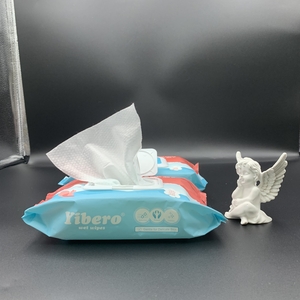-
 Retrouver dansMembres
Retrouver dansMembres Retrouver dansVidéos
Retrouver dansVidéos Retrouver dansChaînes
Retrouver dansChaînes
This website uses cookies to ensure you get the best experience on our website.
To learn more about our privacy policy Cliquez iciPréférence de confidentialité
Blogs Accueil
» Général
» Are there any eco-friendly materials used in the production of best wet wipes for baby?
- Mots clés - #best wet wipes for baby
-
- Dernière mise à jour 5 janvier 2024 0 commentaire , 154 vues, 0 comme
More from sino seo
More in Politics
Related Blogs
Are there any eco-friendly materials used in the production of best wet wipes for baby?
Posté par sino seo
5 janvier 2024
Corps
As environmental concerns have grown, many manufacturers have developed eco-friendly alternatives to traditional wipes that are more sustainable and reduce their impact on the environment. Here are some eco-friendly materials used in the production of best wet wipes for baby:
Bamboo Fiber: Bamboo is a fast-growing and renewable resource. Bamboo fiber is often used as a sustainable alternative to conventional wipes. It is biodegradable, soft, and naturally antimicrobial.
Cotton: Organic cotton or cotton derived from sustainable farming practices is another eco-friendly option. Cotton wipes are biodegradable and gentle on the baby's skin.
Cellulose: Cellulose is a plant-based material derived from wood pulp or other natural fibers. It is biodegradable and often used in eco-friendly wipes.
Viscose: Viscose, also known as rayon, is made from wood pulp or bamboo. It is a biodegradable material used in some eco-friendly wipes.
PLA (Polylactic Acid): PLA is a compostable bioplastic made from renewable resources such as corn or sugarcane. Some wipes use PLA-based materials for their fabric or packaging, providing a more sustainable option.
Compostable Fabrics: Wipes made from compostable fabrics, such as plant-based fibers or a combination of organic materials, can break down naturally in composting facilities.
Some eco-friendly baby wipes are made with natural and organic ingredients, including plant extracts, oils, and water-based solutions. These wipes often have a minimal environmental impact and are gentle on the baby's skin.
It's important to note that while wipes made from these materials are more environmentally friendly, their disposal methods also play a significant role in their overall impact. Proper disposal, such as composting or following local waste management guidelines, is essential to maximize their eco-friendliness.
When selecting eco-friendly baby wipes, look for certifications or labels such as "biodegradable," "compostable," "organic," or eco-friendly seals from reputable organizations to ensure the products meet specific environmental standards. Additionally, consider the overall sustainability efforts and practices of the brand or manufacturer to align with your environmental values.
Biodegradable Materials:
Bamboo Fiber: Bamboo is a fast-growing and renewable resource. Bamboo fiber is often used as a sustainable alternative to conventional wipes. It is biodegradable, soft, and naturally antimicrobial.
Cotton: Organic cotton or cotton derived from sustainable farming practices is another eco-friendly option. Cotton wipes are biodegradable and gentle on the baby's skin.
Plant-Based Materials:
Cellulose: Cellulose is a plant-based material derived from wood pulp or other natural fibers. It is biodegradable and often used in eco-friendly wipes.
Viscose: Viscose, also known as rayon, is made from wood pulp or bamboo. It is a biodegradable material used in some eco-friendly wipes.

Compostable Materials:
PLA (Polylactic Acid): PLA is a compostable bioplastic made from renewable resources such as corn or sugarcane. Some wipes use PLA-based materials for their fabric or packaging, providing a more sustainable option.
Compostable Fabrics: Wipes made from compostable fabrics, such as plant-based fibers or a combination of organic materials, can break down naturally in composting facilities.
Natural and Organic Ingredients:
Some eco-friendly baby wipes are made with natural and organic ingredients, including plant extracts, oils, and water-based solutions. These wipes often have a minimal environmental impact and are gentle on the baby's skin.
It's important to note that while wipes made from these materials are more environmentally friendly, their disposal methods also play a significant role in their overall impact. Proper disposal, such as composting or following local waste management guidelines, is essential to maximize their eco-friendliness.
When selecting eco-friendly baby wipes, look for certifications or labels such as "biodegradable," "compostable," "organic," or eco-friendly seals from reputable organizations to ensure the products meet specific environmental standards. Additionally, consider the overall sustainability efforts and practices of the brand or manufacturer to align with your environmental values.










commentaires